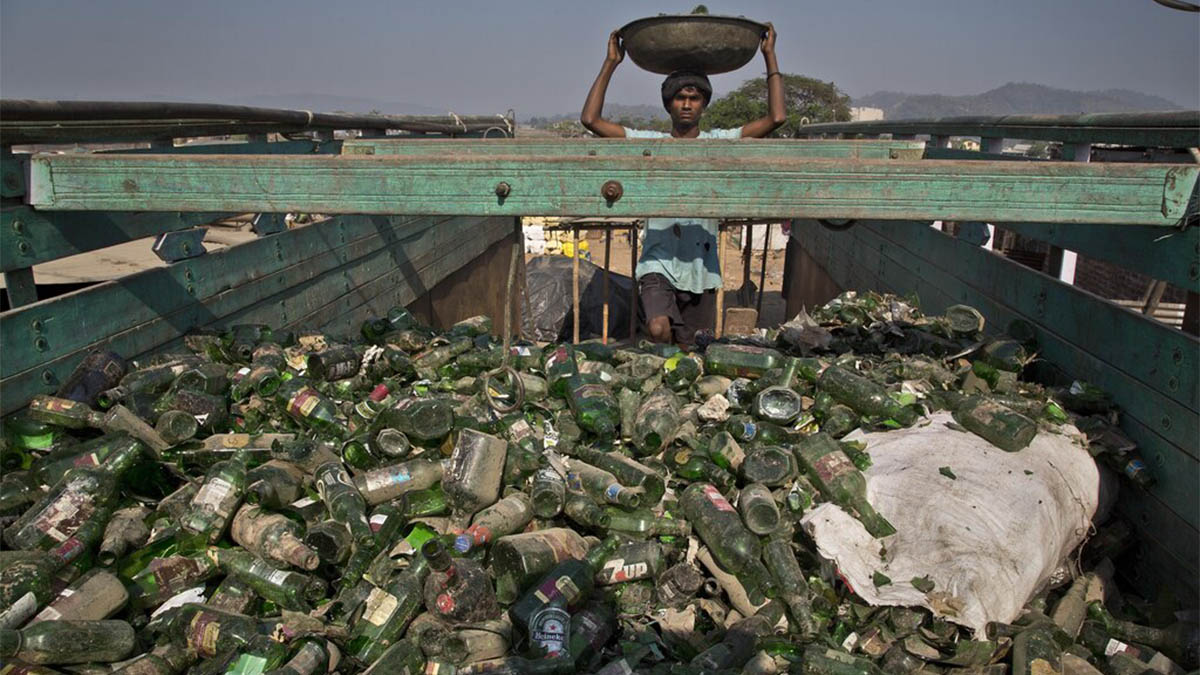As we approach Budget 2025, India has a unique opportunity to catalyse a cleantech revolution. With the right combination of financial incentives, regulatory support and infrastructure investment, India can become a global leader in sustainable waste management. As we know, with over 40 per cent of urban waste still untreated, we’re not just facing an environmental issue, but also an untapped opportunity for growth in the cleantech sector. As global sustainability efforts intensify and India accelerates toward a circular economy, this is our chance to rethink waste management, not merely as a challenge but as a potential economic asset.
The waste management industry is projected to grow at a strong CAGR of 7 per cent, with the market expected to exceed ₹90,000 crore by 2030. Yet, significant challenges remain: high operational costs, limited access to advanced technologies and inadequate infrastructure for waste segregation and recycling. To unlock the full potential of this sector, Budget 2025 must adopt bold and decisive measures.
A critical first step would be reducing the GST on waste processing equipment and recycling technologies from 18% to 5%. This change would ease the financial burden on municipalities and businesses, promoting the adoption of innovative solutions across the country. Additionally, providing capital subsidies of up to 50 per cent for smart waste processing technologies, along with offering low-interest loans for cleantech startups, would drive widespread adoption and accelerate the development of sustainable solutions.
Moreover, it’s time to increase the budget for Swachh Bharat Mission 2.0, beyond the current Rs60,000 crore allocation. This additional funding would enable the scaling of waste segregation and treatment infrastructure in both urban and rural areas, laying the groundwork for a more sustainable and efficient waste management system.
Impact Shorts
More ShortsEmpowering sanitation workers must also be a priority. These individuals are central to our waste management system, and their health, safety, and skill development are crucial. Establishing a dedicated welfare fund for their well-being would not only improve their quality of life but also enhance their ability to drive long-term, sustainable change on the ground.
Lastly, fostering greater public-private collaboration is key. By embracing circular economy models and streamlining regulatory processes, such as implementing single-window clearances, we can stimulate private sector investment and accelerate innovation throughout the waste management value chain.
The author is Co-Founder WeVois Labs. Views expressed in the above piece are personal and solely those of the author. They do not necessarily reflect Firstpost’s views.
)